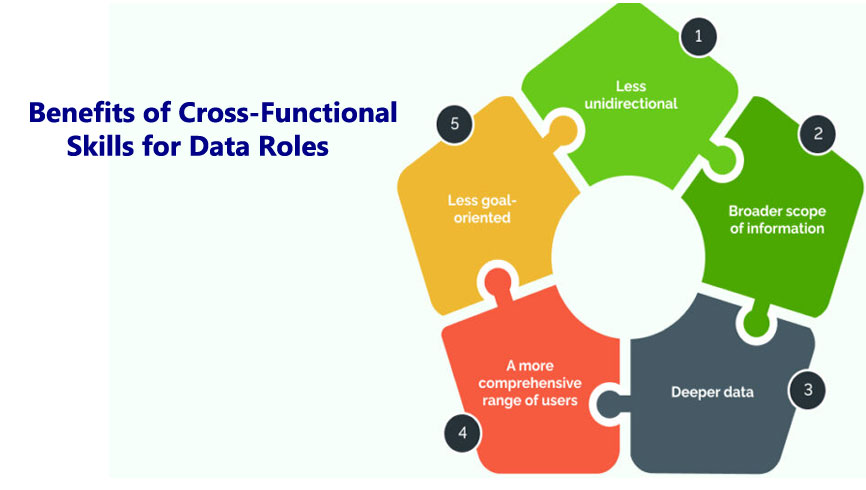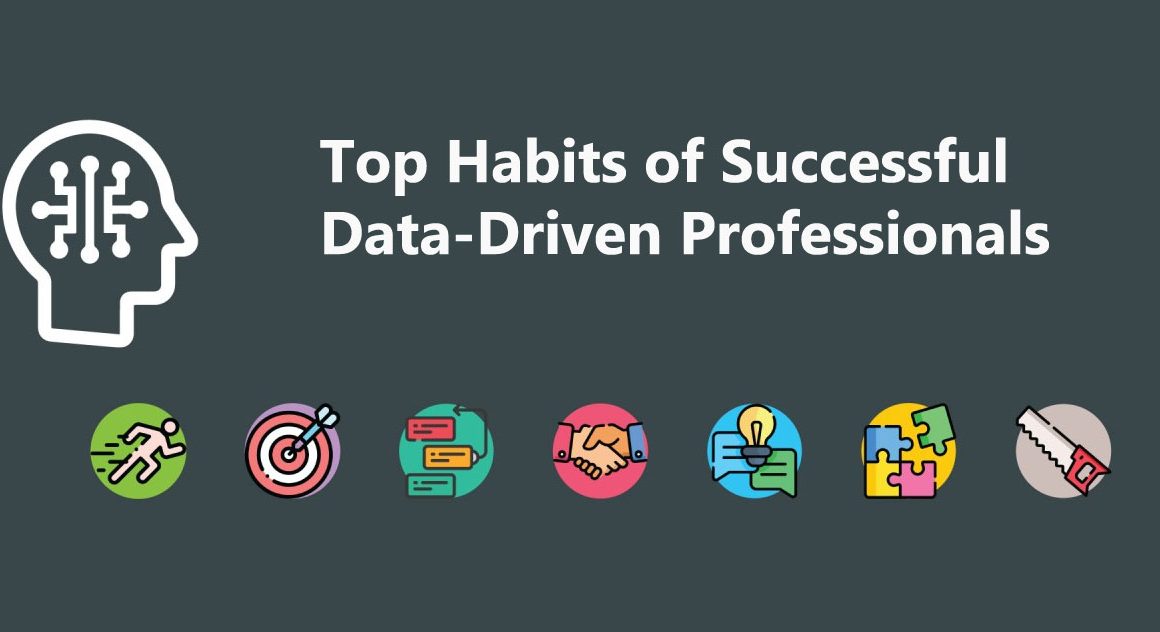In today’s digital era, businesses generate enormous amounts of data every second. From shopping trends to customer interactions, everything is recorded and stored. But data alone is not valuable—it’s the insights drawn from it that drive real business decisions. This is where data professionals come into play. Learn the difference between Data Analyst vs Big Data Analyst vs Data Engineer. Find the best career path in the data industry for your future success.
Among the most in-demand roles in this field are Data Analyst, Big Data Analyst, and Data Engineer. While these roles are interconnected, each requires a unique skill set and career path. In this blog, let’s explore what these roles involve, their responsibilities, required skills, and career opportunities so you can choose the right path for yourself.

Who is a Data Analyst?
A Data Analyst works with structured datasets to find meaningful insights. Their job involves:
- Cleaning and preparing data for analysis
- Performing Exploratory Data Analysis (EDA)
- Creating reports and dashboards for business stakeholders
Data Analysts often use tools like Excel, SQL, Power BI, and Tableau, along with programming knowledge in Python or R for advanced analytics.
Data Analytics skills you need to succeed as given below:-
- Strong analytical and problem-solving skills
- Attention to detail
- The ability to communicate findings clearly with business teams
In short: Data Analysts turn raw data into business insights that help companies make better decisions.
Who is a Big Data Analyst?
A Big Data Analyst deals with massive, complex datasets—often in real time. Unlike regular data analysts, they use specialized tools to handle large-scale data processing. Their responsibilities include:
- Collaborating with Data Engineers and Scientists to prepare raw data
- Using tools like Hadoop, Spark, and Hive for big data processing
- Performing data mining, pattern recognition, and predictive modeling
- Applying machine learning techniques to generate insights
This role requires a solid understanding of big data technologies and the ability to work with high-speed, high-volume datasets.
In short: Big Data Analysts work on large, complex datasets to uncover patterns and predictions that drive business strategies.
Who is a Data Engineer?
A Data Engineer builds the backbone of any data-driven company. Their main role is to design and manage systems that store, process, and deliver data efficiently. Responsibilities include:
- Designing and building data pipelines
- Managing structured and unstructured databases
- Ensuring data integrity, scalability, and accessibility
- Working with cloud platforms like AWS, Azure, and GCP
Data Engineers are highly technical and often skilled in Python, SQL, NoSQL databases, and system architecture. They work closely with Data Analysts and Data Scientists to ensure that data is readily available for analysis.
In short: Data Engineers make sure that the right data is available in the right format, at the right time.
Education and Skills Required
- Data Analyst: Ideal for those with a background in statistics, mathematics, economics, or business. Certifications and bootcamps are helpful for beginners.
- Big Data Analyst: A computer science, engineering, or data science background is preferred, along with specialization in big data tools.
- Data Engineer: Typically requires computer science or software engineering skills, with strong programming and database management knowledge.
Salary Overview in India (as per Google search)
Data Analyst
- Entry-level: ₹3,00,000 – ₹6,00,000 per year
- Mid-level: ₹8,00,000 – ₹12,00,000 per year
- Senior-level: ₹15,00,000+ per year
Big Data Analyst
- Average salary: Around ₹6,30,000 per year
- Estimated total pay: ₹6,34,500 per year
Data Engineer
- Entry-level: ₹4,00,000 – ₹6,00,000 per year
- Mid-level: ₹8,00,000 – ₹15,00,000 per year
- Senior-level: ₹20,00,000+ per year
Future Scope and Industry Demand
- Data Analysts are highly sought after in finance, healthcare, marketing, and e-commerce.
- Big Data Analysts are in demand in telecom, banking, and technology sectors, where large-scale data is common.
- Data Engineers are indispensable for any organization that relies on data-driven decisions—and that includes nearly every industry today.
The demand for these roles continues to rise, and with data growing at an exponential pace, the career opportunities are limitless. Hope you have thoroughly compared Data Analyst vs Big Data Analyst vs Data Engineer careers to make the right career choice.
Conclusion
If you are considering a career in data, now is the best time to start. Whether you choose to become a Data Analyst, Big Data Analyst, or Data Engineer, each role offers strong growth opportunities, high demand, and excellent salaries.
At Console Flare, you can gain hands-on experience with real datasets, learn industry-relevant tools, and work on projects that prepare you for real-world challenges. With expert guidance and placement support, you’ll be ready to crack interviews and step into a rewarding career as a data professional.
For more such content and regular updates, follow us on Facebook, Instagram, LinkedIn





